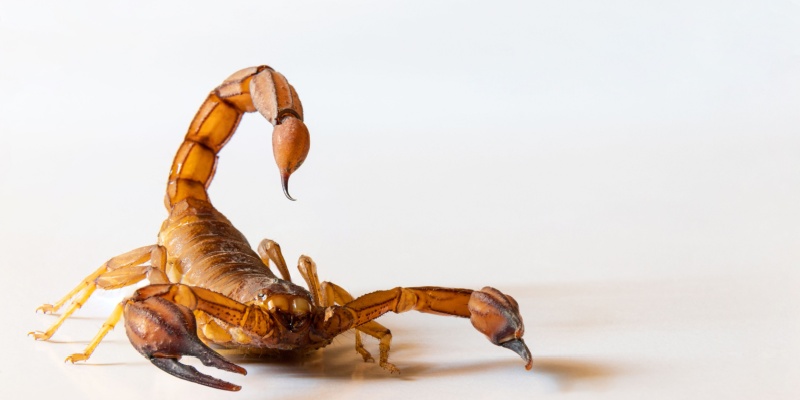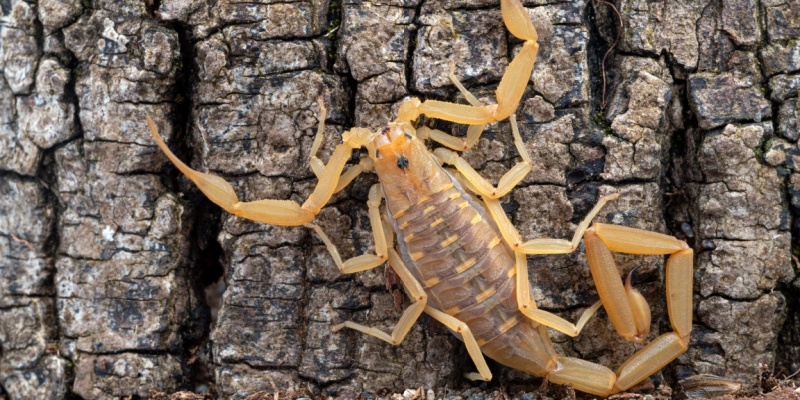Scorpions, often seen as desert dwellers, can indeed become unwelcome guests in your home. While the idea of having scorpions indoors may seem unusual, especially outside arid regions, these arachnids can and do make their way into residential areas, searching for shelter and food. If you’re encountering a scorpion problem in your house, there are several factors that could be contributing to their presence. Understanding these factors is the first step towards mitigating the issue and ensuring your home remains a safe and comfortable space for you and your family.
Natural Habitat and Climate Changes
Scorpions are creatures of habit and prefer environments that mimic their natural habitat. If your home is located in or near arid or semi-arid regions, the chances of encountering these pests increase. Changes in weather patterns, especially prolonged periods of dryness or heat, can drive scorpions to seek refuge in the cooler, more humid environments your home provides.
Landscaping and Outdoor Conditions
Your home’s immediate outdoor environment can significantly impact the likelihood of scorpions entering your living space. Scorpions are attracted to gardens, piles of rocks, wood, or debris where they can find shelter and hunt. If these conditions exist close to your home’s foundation, scorpions can easily find entry points through cracks, crevices, and other openings.
Seeking Food and Water
Scorpions enter homes not only in search of shelter but also in pursuit of food and water. Their diet primarily consists of insects, including spiders, cockroaches, and other pests. A home with an existing insect problem may inadvertently attract scorpions. Similarly, accessible water sources, such as leaky faucets or pet water bowls, can draw them indoors, especially in hot and dry conditions.
Prevention and Control
Managing a scorpion infestation requires a multi-faceted approach. Here are some effective strategies:
- Seal Entry Points: Inspect your home for cracks and crevices, particularly around doors, windows, and the foundation. Use caulk or weather stripping to seal these areas.
- Manage Outdoor Habitat: Keep landscaping trimmed and tidy. Remove debris, stacks of wood, and rocks that provide shelter for scorpions and their prey.
- Control Indoor Pests: Address any indoor pest problems promptly. Reducing the food supply can make your home less attractive to scorpions.
- Reduce Moisture: Fix leaks and ensure your home has proper drainage. Removing excess water sources can deter scorpions from entering.
Enlisting professional pest control services can provide a comprehensive solution to your scorpion problem. Here at Victory Pest Defense, we have the knowledge and tools necessary to identify the specific reasons behind the scorpions’ presence in your home and can offer tailored strategies to address and prevent future infestations.
By understanding the common attractors for scorpions and taking proactive steps towards making your home less inviting to them, you can significantly reduce the chances of encountering these pests indoors. Remember, the key to a pest-free home is a combination of preventive measures, regular maintenance, and professional intervention when necessary. Ensuring your living space is secure and inhospitable to unwanted guests will provide peace of mind and a safer environment for everyone.

